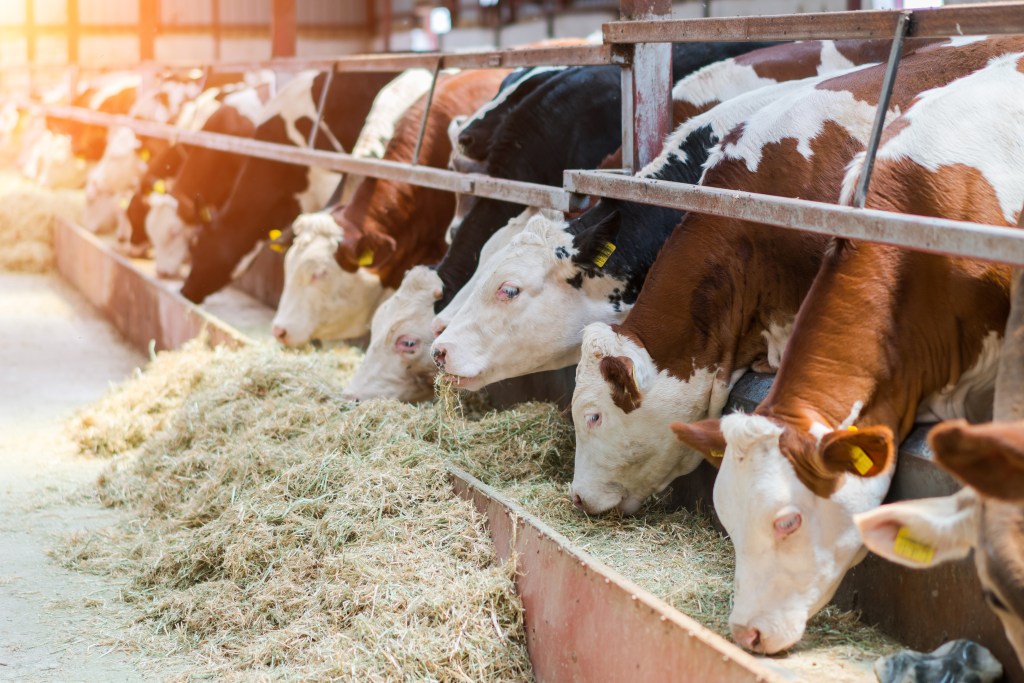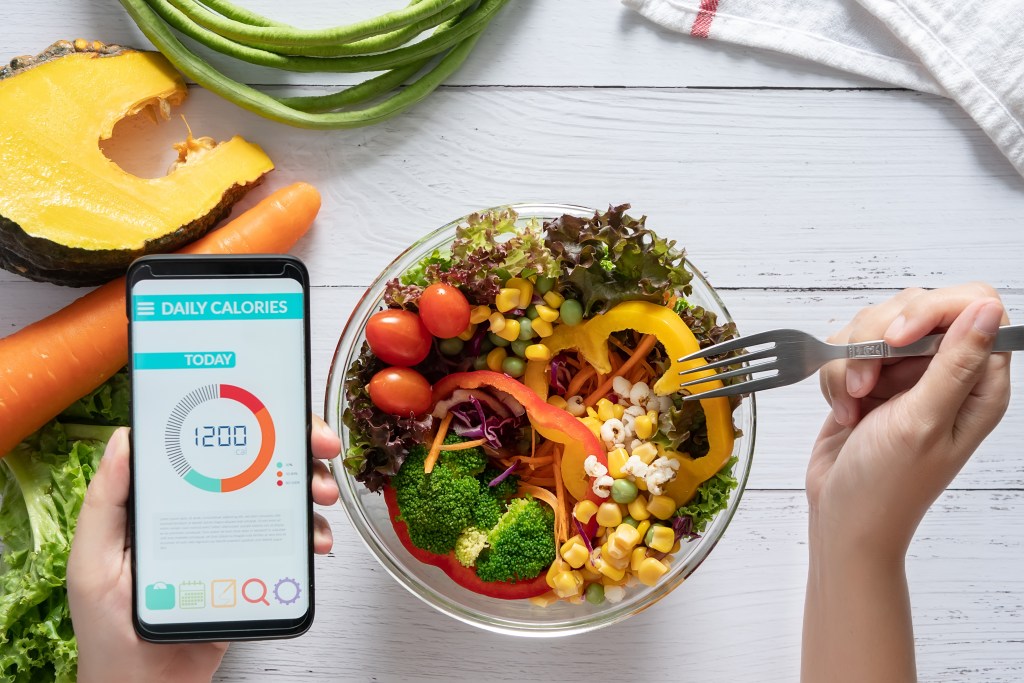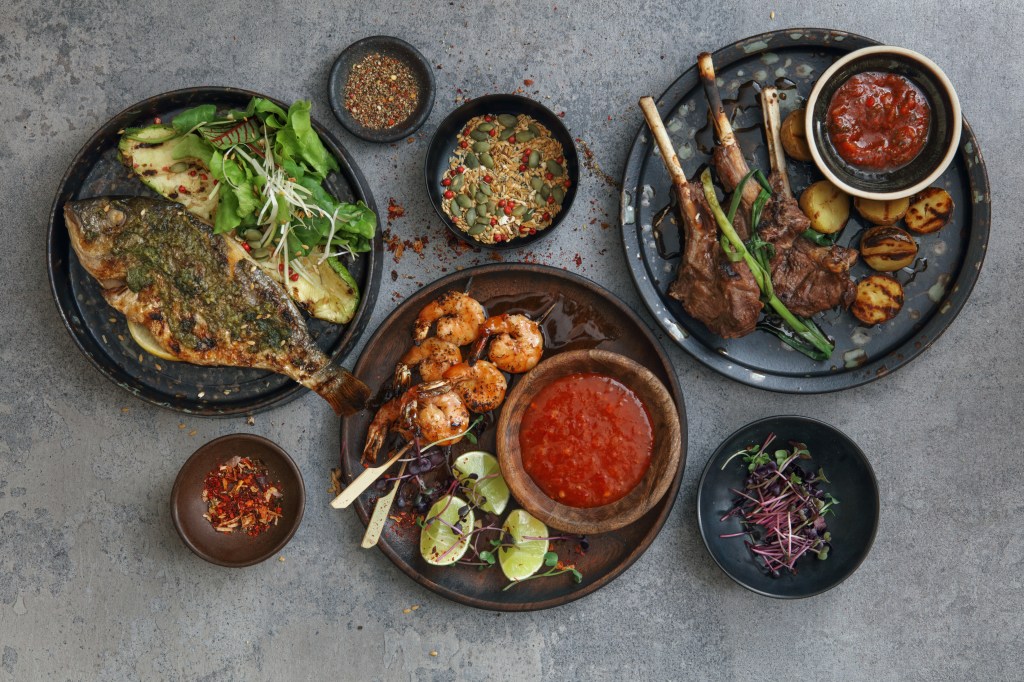The way we grow, produce and eat food will be drastically different in 2050, says futurist Mark Pesce, who shared his three key predictions at the inaugural Future Alternative roundtable.
Author, host of The Next Billion Seconds podcasts and futurist, Mark Pesce, was recently commissioned by plant-based meat manufacturer, v2food, to provide an overview of the medium to long-term opportunities for the plant-based meat category in Australia. He summarised his findings at the inaugural Future Alternative roundtable in Sydney recently.
A land-based tug-of-war
The world’s population is expected to reach 10 billion in 2050, and with a growing middle class in the developing world, there will be unprecedented demand for traditional protein sources.
“The amount of protein that people are consuming, specifically in the developing world, [will increase] from around 40 grams a day to around 100 to 120 grams a day,” Pesce said. “We know this because the developing world is tracking just as China has over the last 30 years. When we get to that point, the thing that immediately becomes visible is we need to have 70 percent more protein for feeding all of these people in 30 years than what we have today.”

Perhaps the biggest hurdle in nourishing the growing global population, Pesce said, will be determining whether the land should be used to feed people or animals.
“It takes a certain amount of land to raise the animal feed to feed the animals to create that protein. And at the moment, around 72 percent of all land is under cultivation. So if you’re going to need 70 percent more protein, well, a, we don’t have it, and b, that means there’s no food for people to eat. So … the background that all of you will be working against leading into 2050 is this tug-of-war between feed for animals and food for people.”
Data-driven diets
When asked what the shopping cart of 2050 will look like, Pesce was quick to retort that there’ll be no such thing. “It’s going to be a drone dropping stuff at your door,” he said.
We’ll all enjoy personalised eating plans generated by real-time data fed to our wearable devices.
Curating the weekly shopping list will also be a thing of the past; instead, we’ll all enjoy personalised eating plans generated by real-time data fed to our wearable devices.

“Your Apple Watch is already collecting a stream of data about you,” Pesce said. “By 2050 this is going to be a very deep stream of information about you and your health at any time, which will be feeding into a continuously evolving artificial intelligence model of your health. This will then be fed into a personal profile around your nutrition, which will be designing what you need to eat day-to-day, meal-to-meal. And you’re not even going to think about it.”
The big advantage here for the plant-based and alternative protein sector, Pesce said, is that these data-driven diets mean consumers wont even have to make the conscious decision to adjust their eating habits. It’ll be done for them.
“This transition [will] actually allow people to move away from a very animal meat-centric diet without really thinking about it.”
A rare indulgence
Our consumption of traditional protein sources will have reduced significantly by the year 2050, Pesce said, not just because of our growing health and sustainability consciousness, but because of simple economics.

“The thing that basically none of us who have been raised in rich countries understands is that meat has always been, and remains, a luxury item. It’s just that we’re all rich. In the relative sense, globally, Australians are all rich, so we’ve always had meat-rich diets. That will continue to be the case except … the price of meat is going up. Beef has gone up three times in the past few years. And the price of beef is going to continue to rise,” Pesce said. “I was talking to Nick Hazell (CEO of v2food) and he pointed out that in fact the price of beef is the same globally; it’s a global commodity. So as that price rises, it gets more and more out of the reach of people who are not as economically developed as they are in Australia.
“So meat, and specifically beef – it’s less clear about the other protein sources – will become more and more a very luxury item. We’ll literally be thinking about killing the fatted calf because it is a special event.”
To stay up-to-date on the latest industry headlines, sign up to Future Alternative’s enewsletter.
Posted on:


